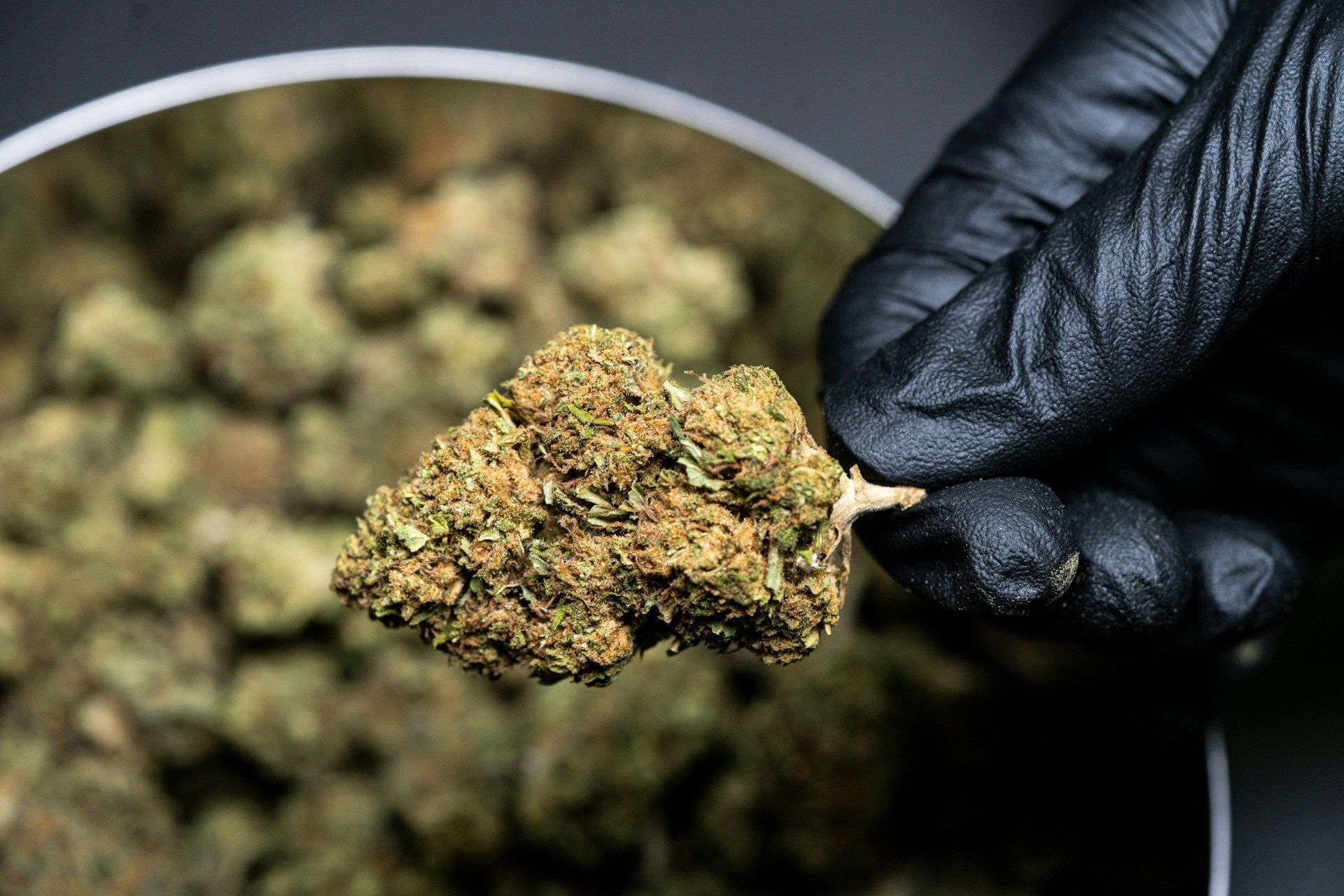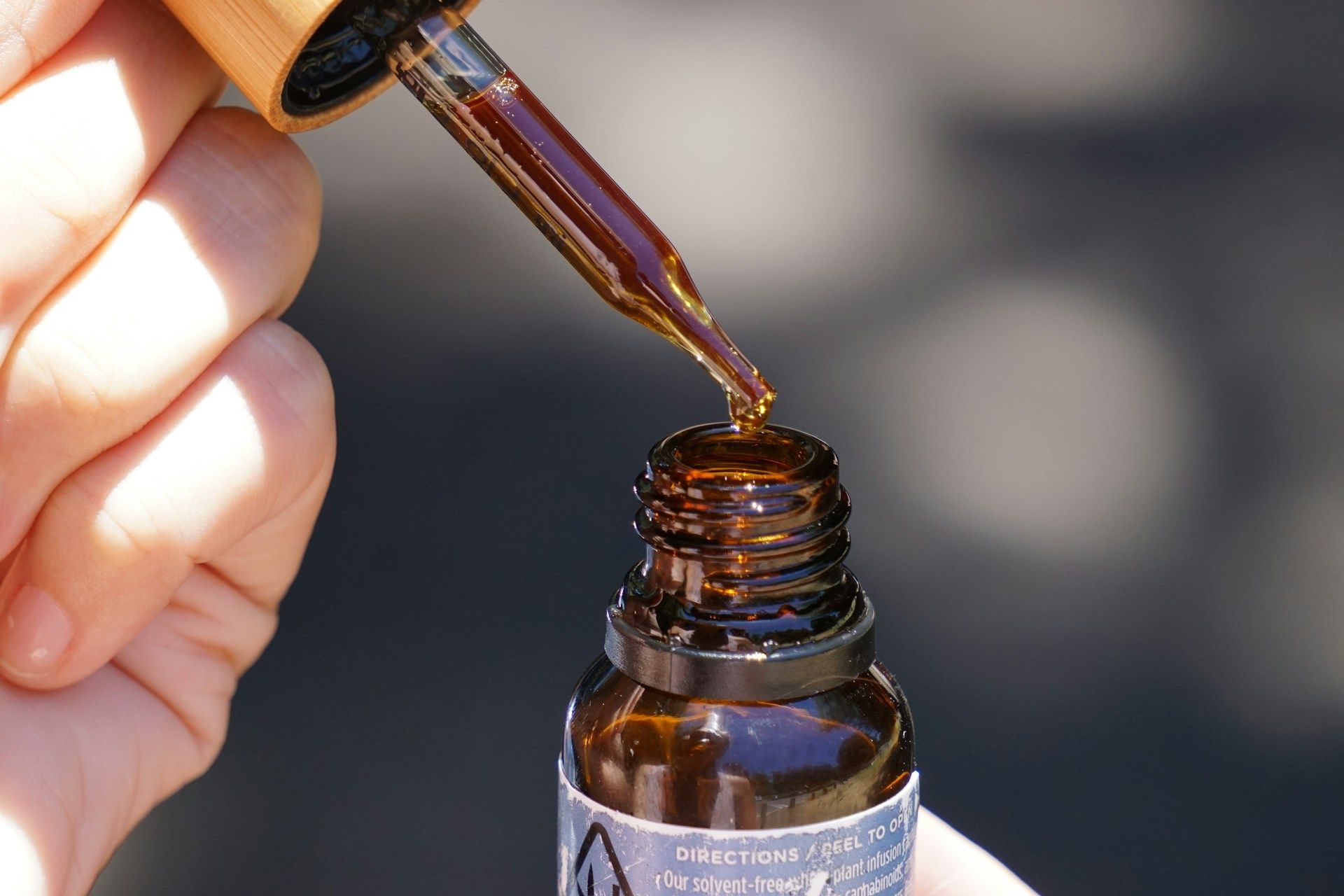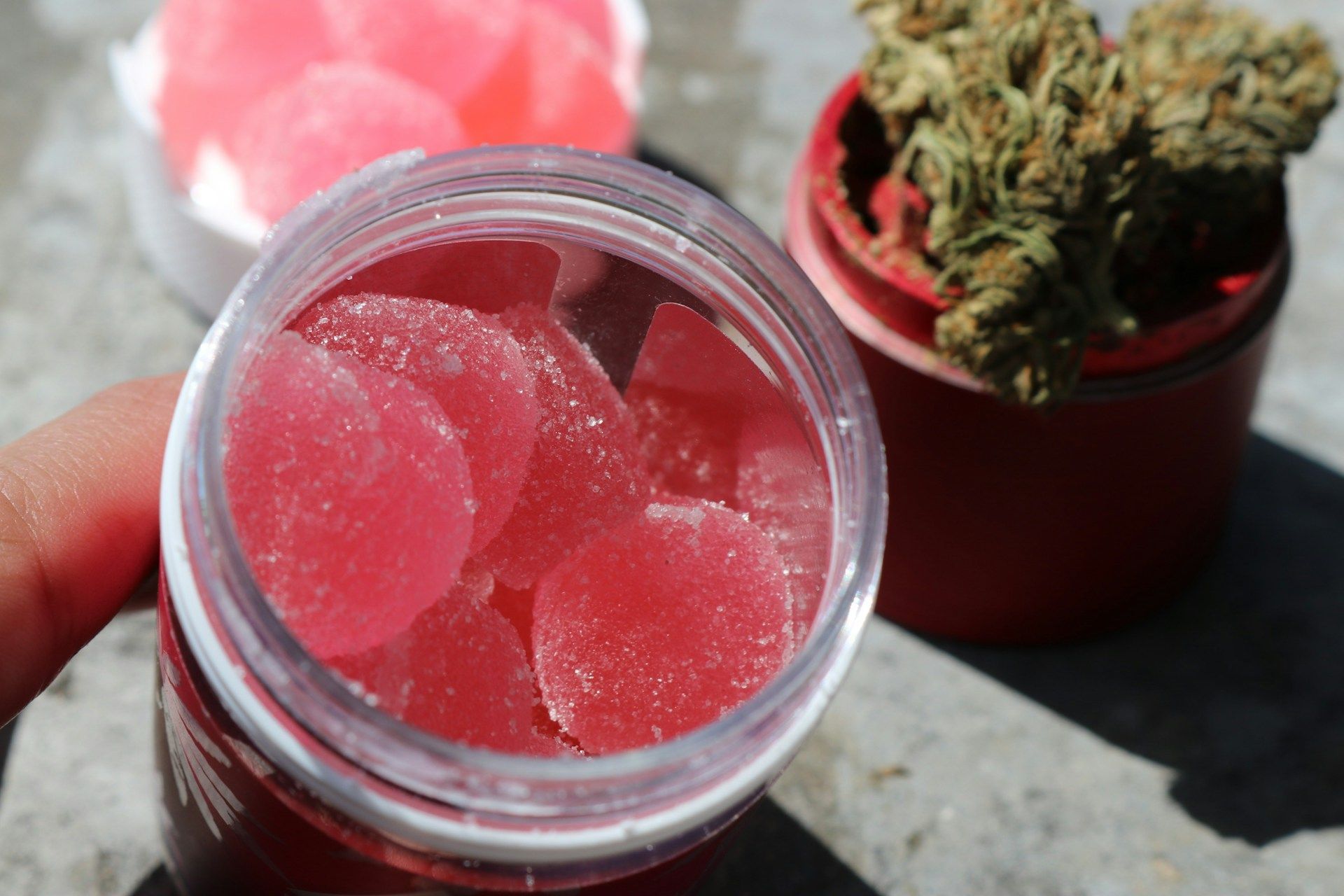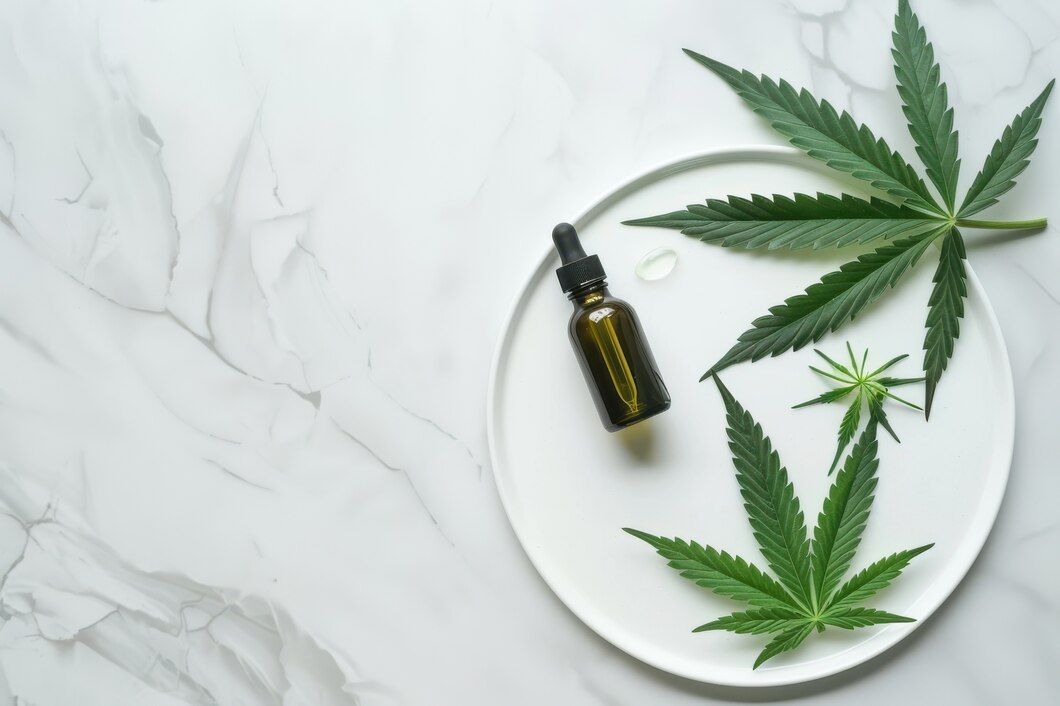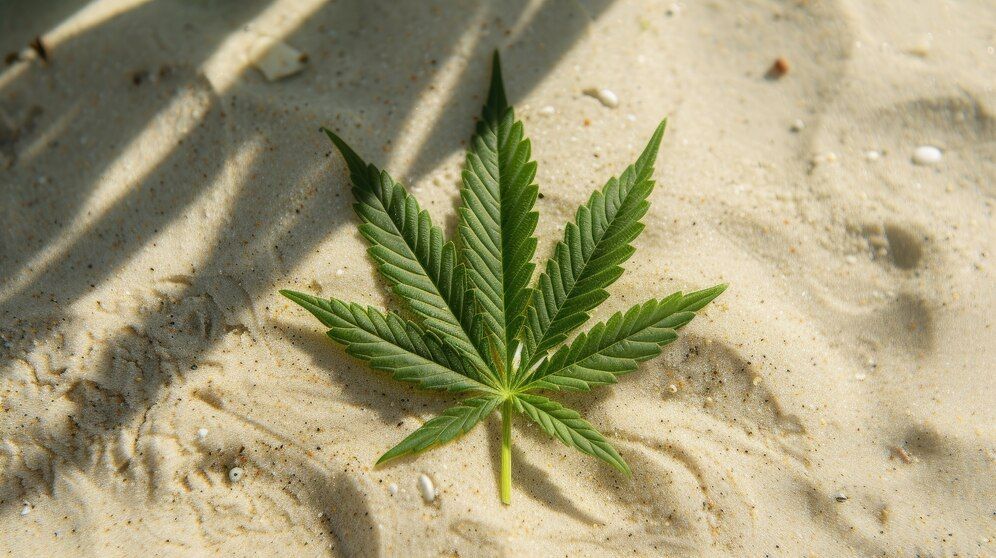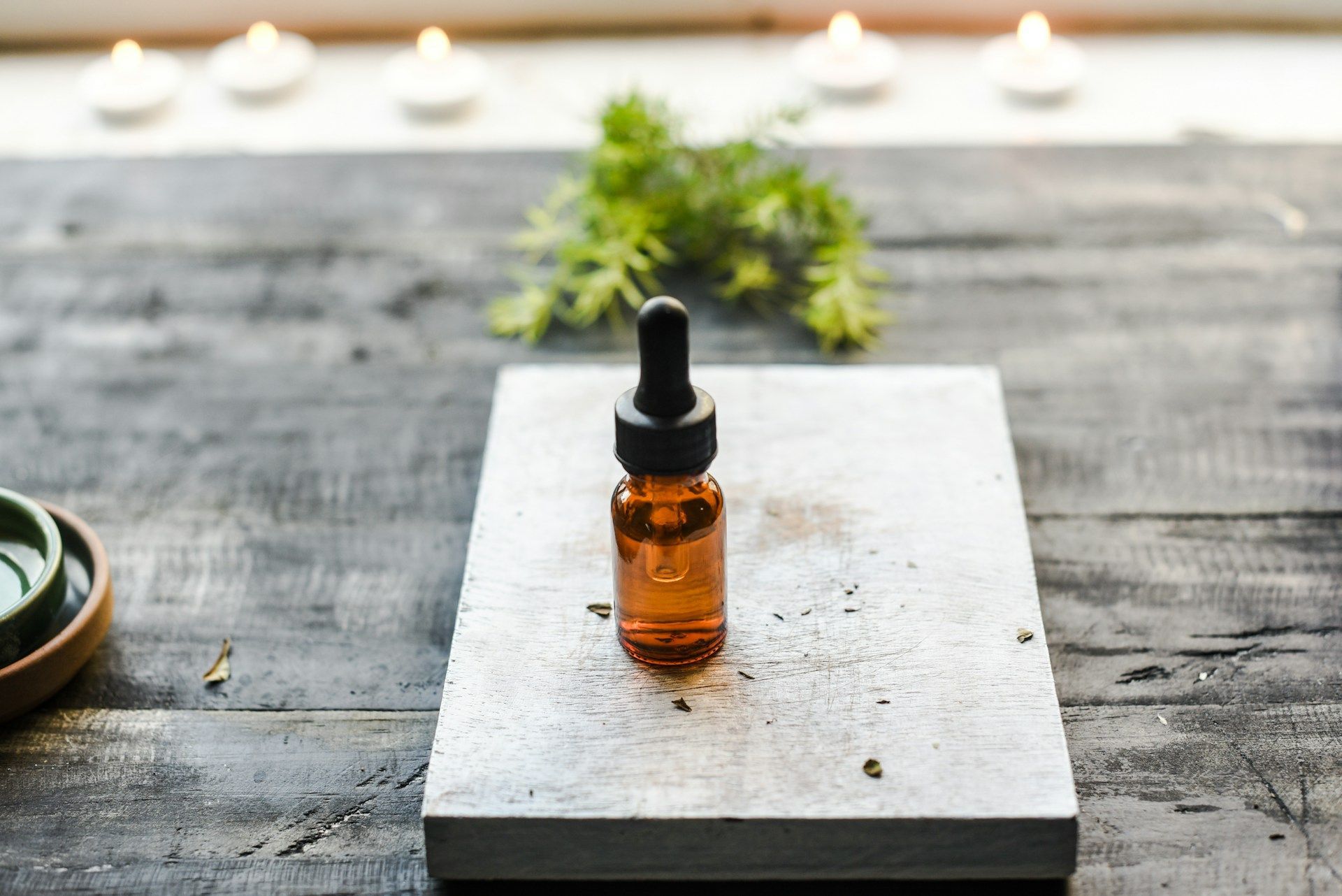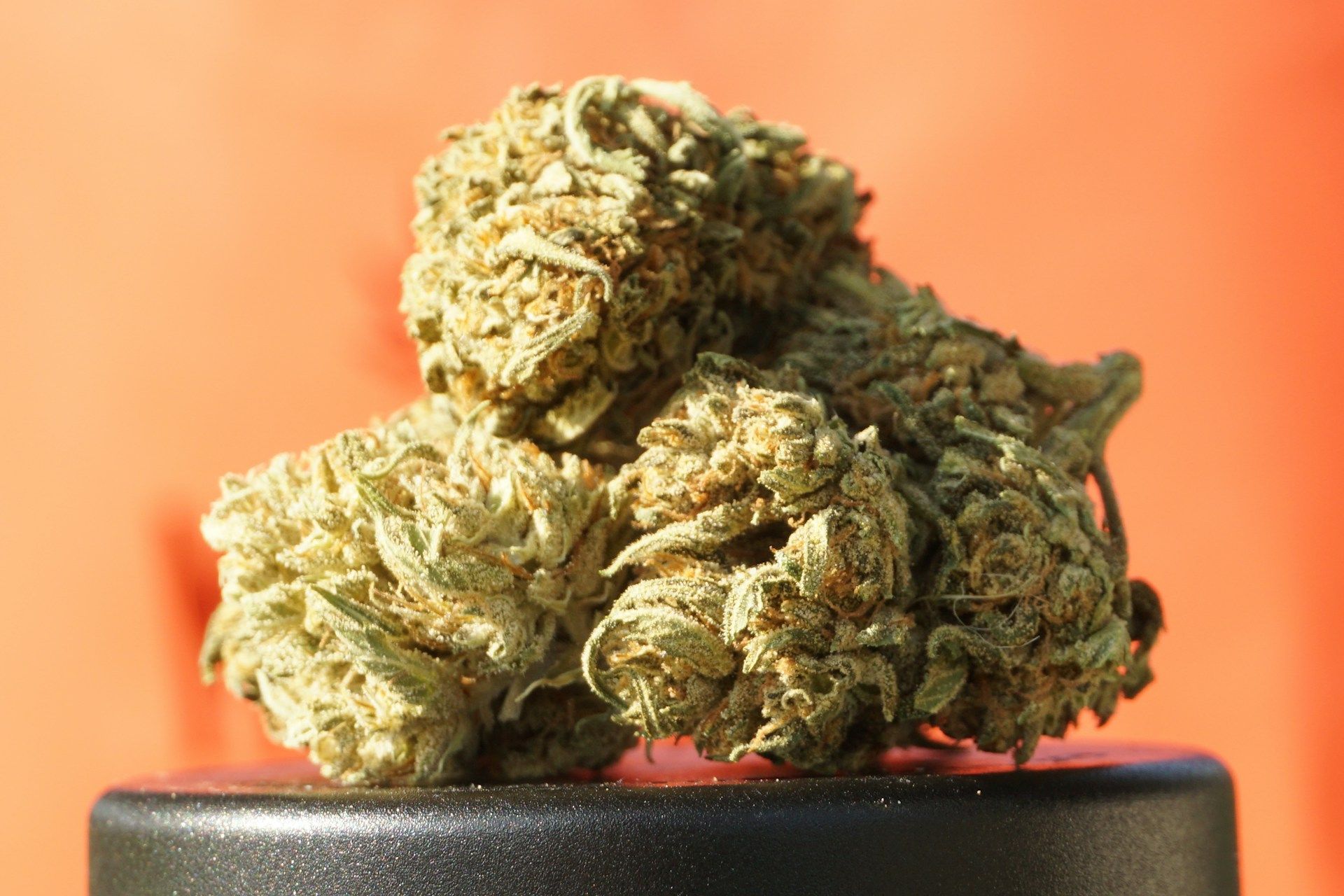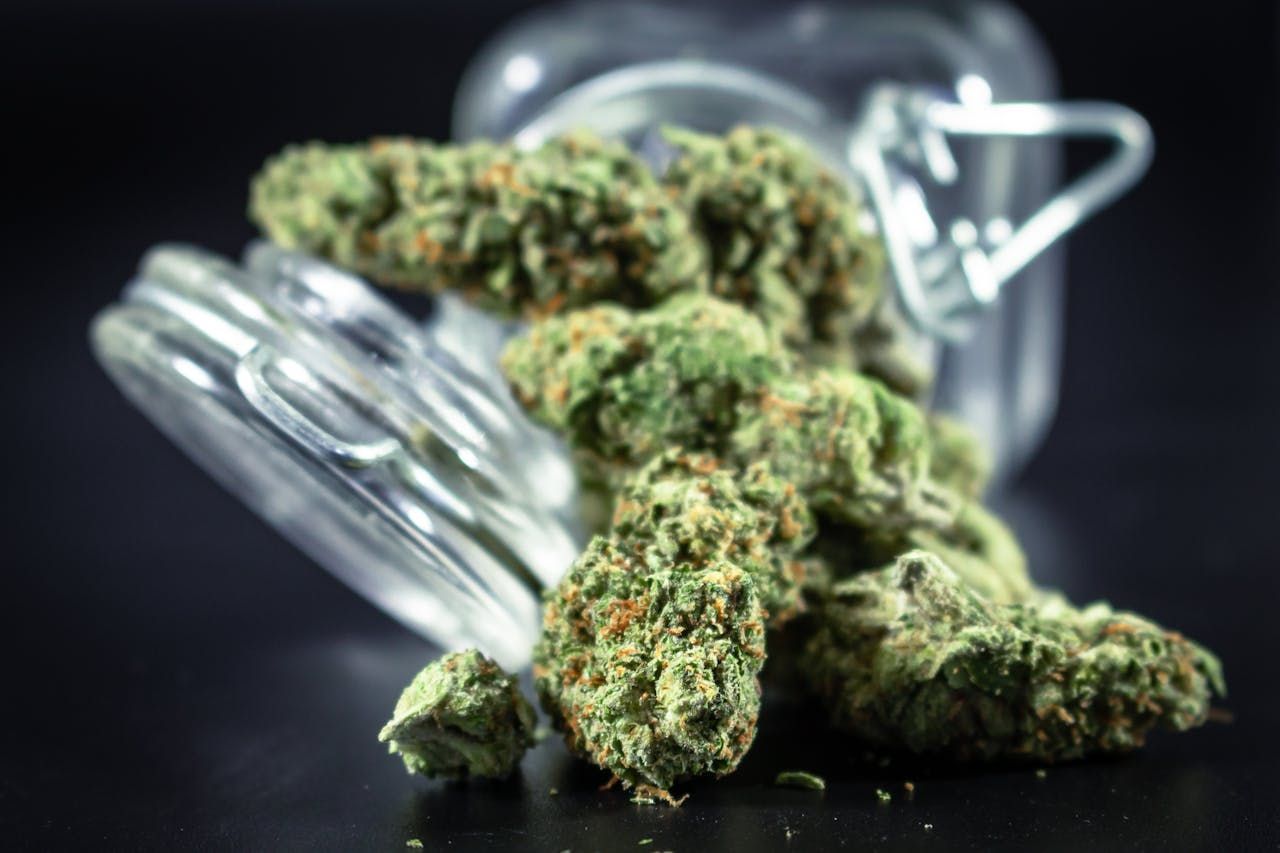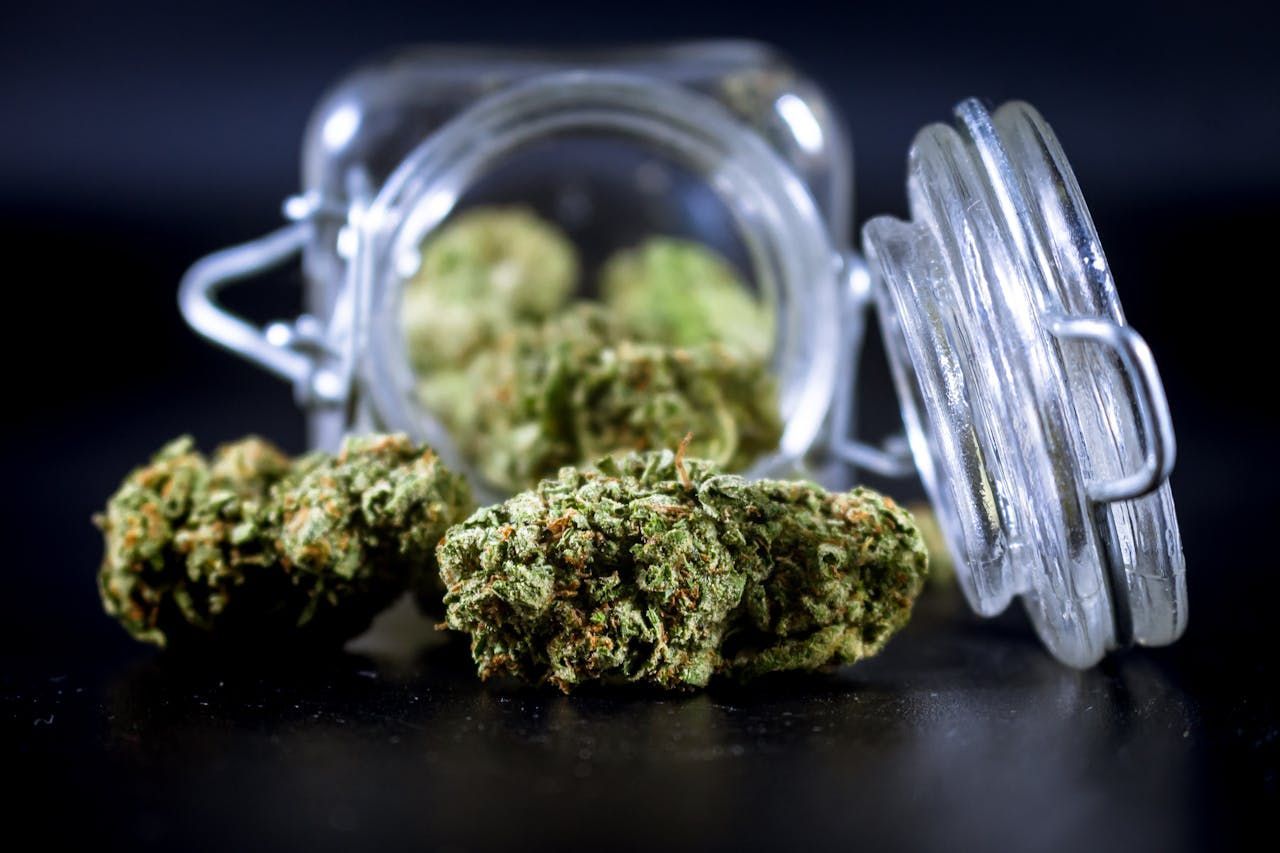COME VISIT OUR NEW LOCATION IN TOMS RIVER NJ - FIRST TIME CUSTOMERS RECEIVE A FREE GIFT!
Delta-9-THC vs. CBD: Effects and Legal Guide 2024
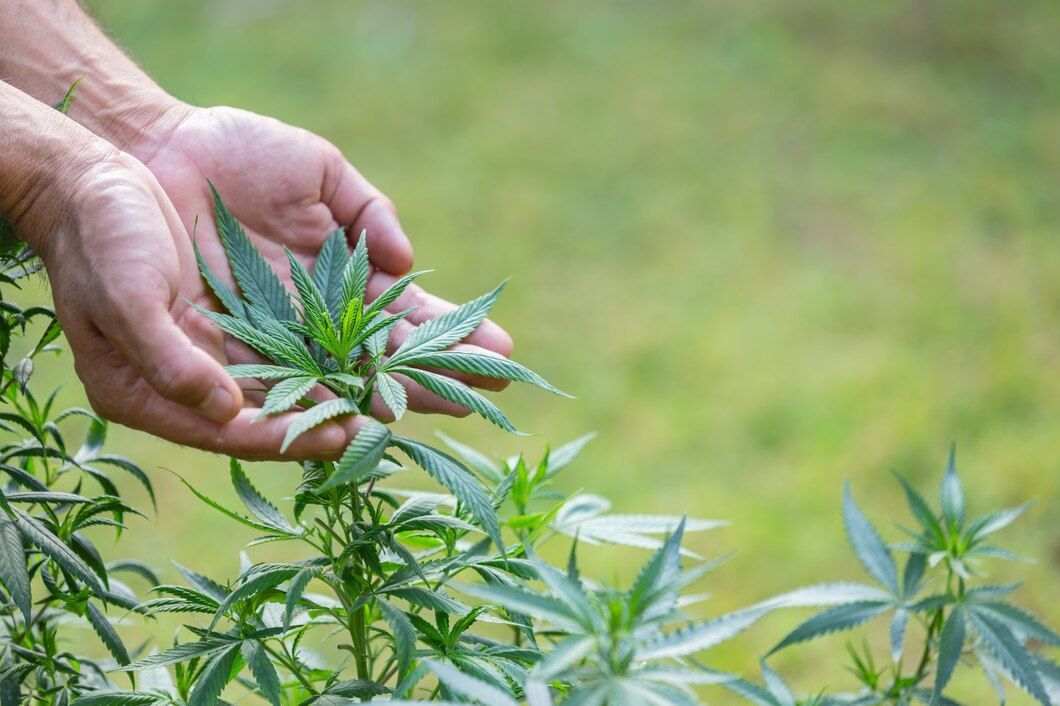
As we navigate through 2024, the landscape of cannabis and hemp products continues to evolve, presenting both seasoned users and newcomers with various compounds and effects to understand. Among the most discussed and utilized compounds in our industry are Delta-9-tetrahydrocannabinol (Delta-9-THC) and cannabidiol (CBD). Each offers unique benefits and experiences due to distinctive interactions with the human body's complex systems.
Delta-9-THC, a principal psychoactive constituent of cannabis, is often spotlighted for its potent effects and the "high" it can induce. Conversely, CBD, derived primarily from hemp, is celebrated for its therapeutic potential without the intoxicating effects. As proponents of wellness and responsible usage, we find it imperative to dispel myths and lay down factual representations of both compounds to help you make informed decisions.
Understanding these differences is crucial not only for choosing the right products but also for aligning with the ever-changing regulation landscape. This article aims to guide you through an insightful comparison, explain the physiological impacts, and unpack the legal dimensions of both Delta-9-THC and CBD as we currently understand them in 2024.
Understanding the Basics: What Are Delta-9-THC and CBD?
Delta-9-tetrahydrocannabinol (Delta-9-THC) and cannabidiol (CBD) are two of the most extensively studied and widely recognized compounds found in cannabis plants. Delta-9-THC is perhaps most well-known for its psychoactive properties, which are responsible for the "high" associated with marijuana consumption. This compound interacts directly with the body's endocannabinoid system (ECS), specifically binding to CB1 receptors located primarily in the brain and central nervous system. The activation of these receptors by Delta-9-THC results in the various psychoactive effects that users experience.
In contrast, CBD does not produce psychoactive effects. Instead, it is prized for its potential therapeutic benefits, influencing physiological systems without the high. CBD interacts with the ECS in a more indirect manner compared to Delta-9-THC. It does not bind strongly to CB1 or CB2 receptors but rather enhances the body’s own endocannabinoids’ ability to bind to these receptors. Additionally, CBD is involved in activating other receptor pathways, such as the serotonin receptor, which may contribute to its purported effects on conditions like anxiety, pain, and inflammation.
Comparative Analysis: The Effects of Delta-9-THC vs. CBD on the Body
The effects of Delta-9-THC and CBD on the body are distinctly different, primarily due to their diverse interactions with the endocannabinoid system. Delta-9-THC's affinity for the CB1 receptors in the brain leads to its famous psychoactive effects, including altered perception, euphoria, and in some cases, anxiety and paranoia. These effects make it a popular choice for recreational use but also valuable for certain therapeutic applications such as pain relief, appetite stimulation, and nausea reduction.
CBD, on the other hand, offers a different profile of effects, largely devoid of the psychoactive experiences associated with THC. Its role in reducing inflammation and controlling seizures has been particularly noted in various research studies. This non-intoxicating compound is also being studied for its potential to ease symptoms of anxiety, depression, and chronic pain, making it immensely popular among those seeking relief without the cognitive alterations tied to high THC products.
Both compounds have their unique benefits and side effects, and the choice between them—or a combination of both—often depends on an individual's specific health goals and conditions. Understanding these fundamental differences is crucial for anyone looking to incorporate either or both into their wellness regimen. As we continue to observe their applications and regulatory considerations, the landscape of possibilities for Delta-9-THC and CBD in therapeutic contexts keeps expanding, guided by ongoing research and evolving consumer experiences.
Legal Status and Regulation: Delta-9-THC vs. CBD in 2024
Navigating the legal landscape of Delta-9-THC and CBD is crucial for anyone looking to use these substances safely and legally. As of 2024, both compounds have seen significant shifts in how they are regulated at the federal and state levels, reflecting a broader understanding and acceptance of their potential benefits. Delta-9-THC still remains a Schedule I drug under federal law, which categorizes it as having no currently accepted medical use and a high potential for abuse. However, numerous states have enacted their own laws permitting medical and in some cases, recreational use of cannabis.
On the other hand, CBD derived from hemp (which by legal definition must contain less than 0.3% THC) was removed from the federal list of controlled substances with the passage of the 2018 Farm Bill. This has allowed for its broad legal use, particularly for wellness and medicinal purposes. The FDA, however, continues to regulate products containing CBD, especially those that are marketed with therapeutic claims, to ensure they are safe and effective for public use.
Choosing the Right Product for You: Tips for First-Time Users
For those new to CBD or Delta-9-THC, selecting the right product can be a daunting task. Here are some tangible steps to guide your choice:
- Identify Your Needs: Determine the effect you are seeking, such as relief from pain, anxiety, insomnia, or inflammation. Different products and formulations are suited to different needs and preferences.
- Research the Product: Look for products that provide comprehensive lab testing results to ensure quality and safety. Pay attention to the concentration of active ingredients.
- Consider the Form: Both CBD and Delta-9-THC come in various forms, including oils, tinctures, edibles, capsules, and topicals. Each has its delivery method and onset time of effects.
- Start with Low Doses: Especially important for products containing Delta-9-THC, starting with a low dose and gradually increasing based on your comfort level can help manage the intensity of the effects.
- Consult with Professionals: If possible, consult with a healthcare provider or a knowledgeable staff member at a reputable dispensary who can provide personalized guidance based on your health history and objectives.
Conclusion
Whether you are drawn to the psychoactive experiences provided by Delta-9-THC or the non-intoxicating therapeutic benefits of CBD, understanding each compound's nuances and legal considerations is paramount. By educating ourselves and staying informed of the changing regulations, we empower our choices and ensure a safe, positive experience.
Explore a wide range of both
CBD and Delta-9-THC products tailored to meet diverse needs and preferences right here at Flower Power Experience. Whether you are taking your first steps in the world of cannabis or looking to deepen your understanding and expand your usage, we are here to support your journey with expert advice and premium products. Visit us today and discover the potential of CBD and Delta-9-THC to transform your wellness practice.

Contact Info
All Rights Reserved | The Flower Power Experience
